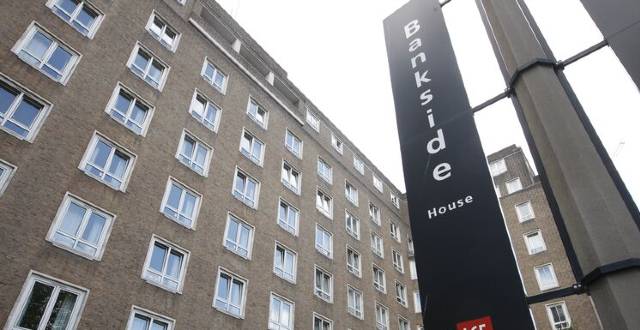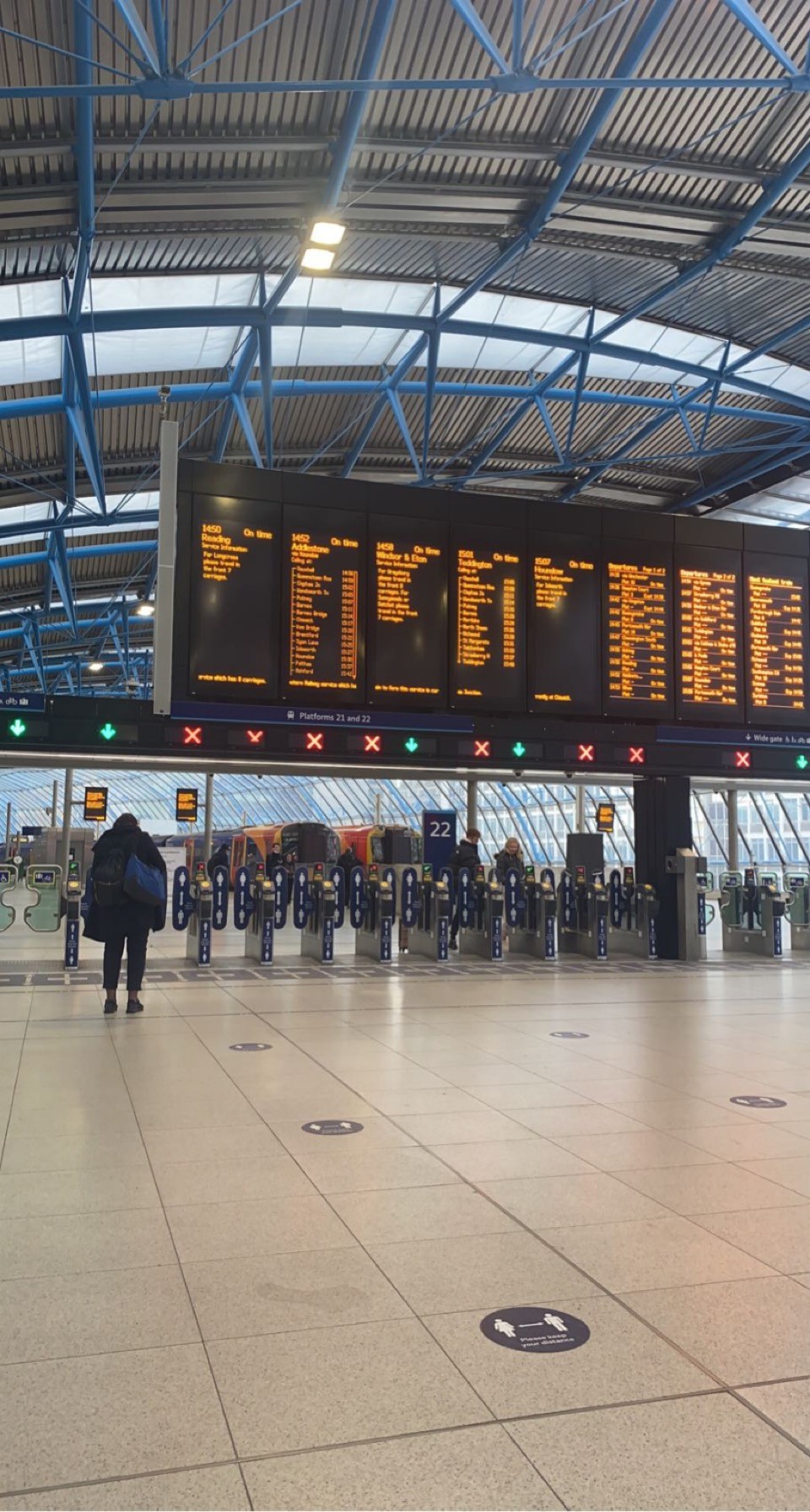As someone who has lived in London for nearly four years as a student now, I have lived in various forms of accommodation and am thus a well-experienced renter. If you are struggling to choose between private accommodation and student accommodation – a particularly important choice for postgraduate students – read on for some pros and cons I have found out over the years. This is the first of a two-part series where I compare these two forms of housing. This part focuses on the benefits and downfalls of private housing.
Private Housing Pros
You might have more personal space
Rooms in student accommodation can often be small and feel cramped. I have to say that this can be deceptive, though. Small rooms in halls come with great storage whereas in a private flat you might have more floor space but only a couple of small cupboards.
You can choose what you like
The variety in privately rented houses and flats is obviously much greater. If you look long enough, you are more likely to find something that suits all or most of your personal preferences.
You can choose the location
Picking up the advantage of variety, you can look for a flat anywhere in London, whereas student accommodations are limited to a small number of boroughs. If you choose student accommodation, you might also have to give up on living very close to university if you want to pay a reasonable price.
You have fewer roommates
This depends on what you’re looking for. However, from personal and friends’ experiences, it is more commonplace to rent a private place only with 2 or 3 other people, while you will usually share a kitchen and bathroom with 5 or more others in student accommodation.
You can make your own rules
There is a greater degree of freedom in a private flat compared to student halls. Especially during the COVID-19 pandemic, where certain protocols had to be adhered beyond the public health guidance.
Private Housing Cons
It can be more expensive
Some of the student accommodations that LSE offers are in central London locations for a reasonable price where usually rent prices would be extortionate. It is also crucial to think of additional costs for private housing, such as gas, electricity and Wi-Fi, which are not usually included in the rent price.
You might not be able to find anything in central London
The rental market is incredibly competitive and expensive, particularly in central London. Even if you might find something at a reasonable price, the place can be in very bad condition. Living on the outskirts of London means you will have to factor in longer commute times and the relatively high cost of public transport.
House hunting is stressful
This connects to the previous point. The market is tough and moves very fast. Often, offers need to be made overnight and deposits paid the next day.
Finding roommates might be hard
Moving to a new city means you will probably not know anyone there yet. There are, however, lots of resources for this; my top tip is to find groups on Facebook or WhatsApp where other LSE students will be looking for roommates too.
At the end of the day, there will be certain trade-offs you will have to make. I hope these insights give you a balanced view of the options available. However, everyone values different things so if you still can’t decide, have a look at the pros and cons and give them a rating. Based on that, you can make a decision where most of your points fall.





